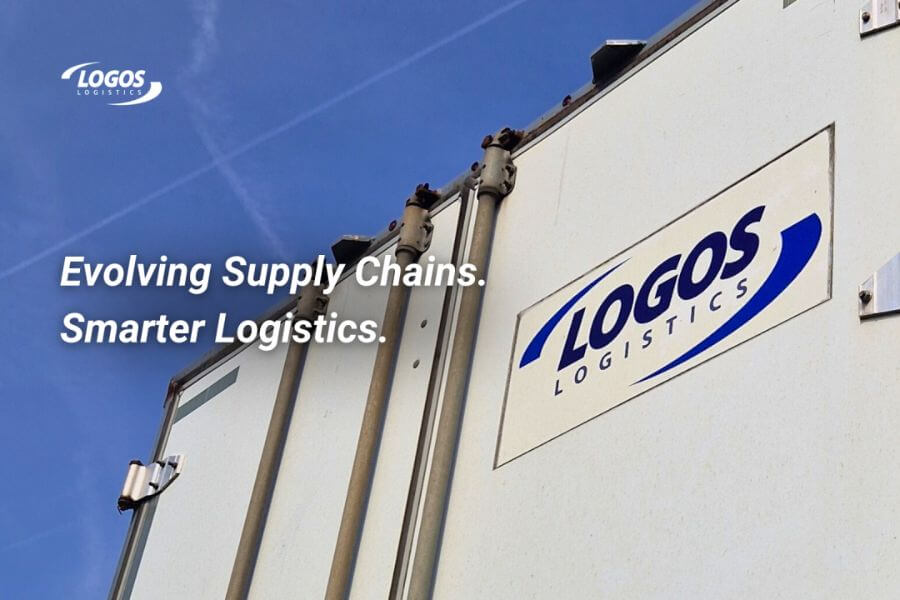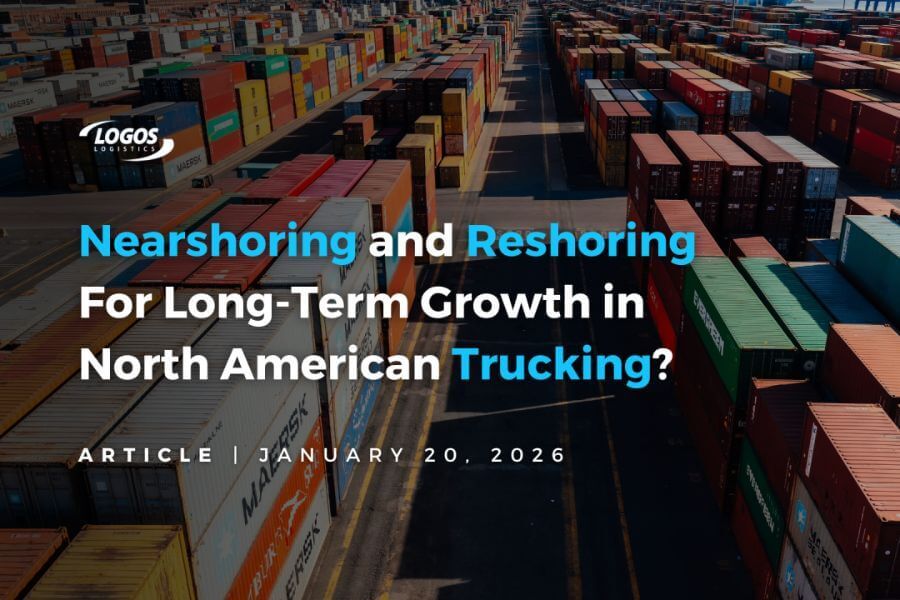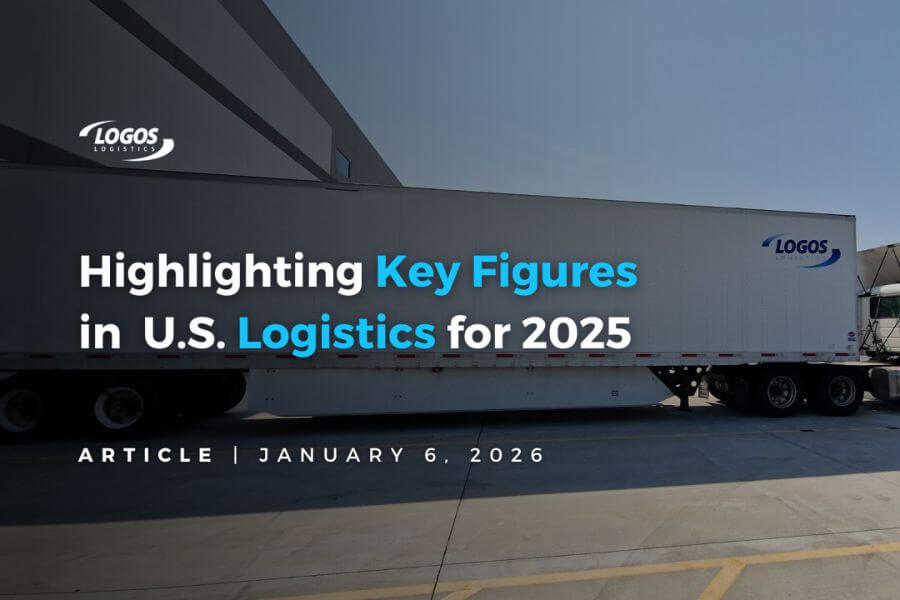The trucking and freight industry is undergoing a significant transformation, and third-party logistics providers (3PLs) are at the center of it.
As global supply chains grow more complex and customer expectations rise, businesses are turning to 3PLs not just for support, but as strategic partners that enable speed, efficiency, and scalability.
From technology integration to flexible freight capacity, here’s how 3PLs are reshaping the future of trucking and freight.
1. Technology-driven logistics
One of the biggest shifts brought by 3PLs is the widespread adoption of logistics technology. Modern 3PLs are leveraging Transportation Management Systems (TMS), real-time GPS tracking, AI-powered route optimization, and API integrations that streamline operations from end to end.
This tech-forward approach helps:
- Reduce fuel and labor costs
- Improve on-time delivery rates
- Provide real-time visibility to clients
In a traditionally manual industry, 3PLs are driving digital transformation at scale—something many independent carriers struggle to implement on their own.
2. Increased access to freight capacity
Capacity constraints have become a regular challenge for shippers, especially during peak seasons or in volatile markets. 3PLs solve this by tapping into vast networks of vetted carriers across regions and modes (FTL, LTL, intermodal, last-mile).
For trucking companies, partnering with 3PLs can mean:
- Consistent loads
- Faster payment terms
- Reduced time spent on prospecting and negotiations
For shippers, it means fewer disruptions and a more reliable logistics partner.
3. Scalability and flexibility for businesses
Businesses with fluctuating shipping needs—such as eCommerce brands or seasonal retailers—rely on 3PLs to scale up or down without overinvesting in fleet assets or warehouse space.
3PLs offer:
- On-demand warehousing
- Flexible transportation options
- Multi-carrier routing and backup plans
This flexibility is critical in an environment where market conditions, fuel prices, and labor availability can change quickly.
4. Focus on core competencies
Managing transportation and logistics in-house can be resource-intensive, especially for small and mid-sized businesses. Outsourcing to a 3PL allows these companies to focus on what they do best—whether it’s manufacturing, product development, or sales—while leaving logistics to the experts.
This strategic outsourcing enables:
- Reduced overhead
- Improved service quality
- Faster market expansion
5. Data-backed decision making
Modern 3PLs provide businesses with access to detailed analytics on shipping performance, carrier efficiency, freight spend, and more. This data helps companies make smarter decisions that drive cost savings and service improvements.
For example:
- Identifying underperforming routes
- Optimizing warehouse-to-customer distances
- Forecasting inventory movement patterns
3PLs essentially act as logistics consultants, not just service providers.
6. Support for sustainability goals
Sustainability is becoming a priority for both businesses and consumers. Many 3PLs are investing in green logistics initiatives—such as carbon offsetting, route optimization for reduced emissions, and electric delivery fleets.
Shippers benefit by aligning their logistics operations with ESG goals without having to build these capabilities internally.
7. Bridging the talent gap
Driver shortages, dispatcher burnout, and warehouse labor constraints are well-documented in the trucking industry. 3PLs bring experienced logistics professionals, established systems, and labor-ready networks to help bridge these gaps.
Instead of recruiting and training internally, businesses can leverage a 3PL’s infrastructure and expertise from day one.
As the trucking and freight landscape evolves, the role of 3PLs is expanding from logistics facilitators to innovation drivers. They offer the tools, infrastructure, and flexibility modern supply chains require — allowing businesses of all sizes to stay agile, competitive, and customer-centric.
For trucking companies, this shift presents a huge opportunity. Rather than seeing 3PLs as competition, many carriers are now aligning with them as long-term partners to grow revenue and stay relevant in an increasingly digital and demand-driven world.











